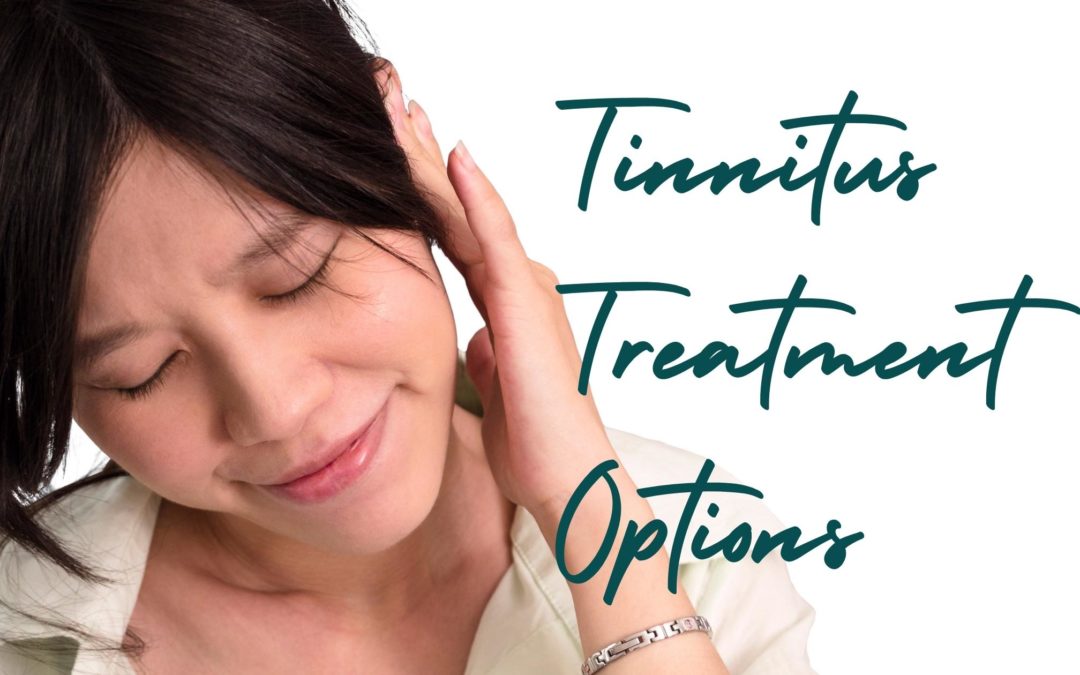Tinnitus is almost as prevalent as hearing loss, though the two often appear together. Over half of those with tinnitus also suffer from noticeable hearing loss. It is the most common medical issue affecting veterans returning from war and plagues an approximate total of 10% of adults. While excessive noise exposure is the main culprit in developing tinnitus, there are a number of other potential causes. If you have tinnitus, you should see your doctor about it.
Examination for Tinnitus
Your doctor will perform a number of tests to try to discern the cause of your tinnitus. These will include:
- A Hearing Test – You’ll sit in a soundproof room and wear a set of headphones. The test administrator will ask you to respond when you hear tones, and they will play a variety of pitched tones at various loudness levels. This will determine whether or not you have normal hearing ability for your age as well as help isolate potential causes of tinnitus.
- Movement Test – Your doctor will ask you to move your eyes, neck and jaw to see whether your tinnitus changes as you do so. This can indicate a mechanical source such as a TMJ disorder that could be causing your tinnitus.
- CT or MRI – In some cases, your doctor may order imaging tests to further try to isolate the cause of your tinnitus.
Most of us think of tinnitus as “ringing in the ears.” While that is the most common type, there are other ways that tinnitus can present itself. Your ability to describe the type of tinnitus you experience will help your doctor track down the cause. Types of tinnitus include:
- Clicking – Sharp clicking sounds that come on quickly and last for a few seconds or minutes can indicate involuntary muscle contractions near or inside your ears.
- Rushing or Humming – Related to the blood rushing through the vessels around your ear, this type of tinnitus might happen when you exercise or move from lying down to standing up.
- Heartbeat – If you frequently hear your own heartbeat, it can indicate an underlying issue such as hypertension, aneurysm, blockage or a tumor.
- Low-Pitched Ringing – High-pitched ringing is the most common type of tinnitus, but ringing at a lower pitch can be a result of Meniere’s disease and will often occur right before an episode of vertigo.
- Scratching, Screeching or Other Sounds – Otosclerosis (stiffening of the bones in the middle ear), excess earwax, other foreign bodies or hairs in the ear canal can all create forms of tinnitus that may present differently depending on the source.
Treatment of Tinnitus
While there are many physical causes of tinnitus like those listed above, certain chemicals or medications can bring about tinnitus as well. Your doctor might be able to help you identify what chemicals, medications or herbs might be causing your tinnitus.
However, even elevated stress levels, general bodily inflammation, and caffeine consumption can cause ringing in the ears. Many people with tinnitus never find the exact cause, but several treatments are reported to help alleviate it.
Masking
William Shatner has relied on masking as the only effective treatment for his tinnitus ever since it started with an explosion on the set of Star Trek. If you have tinnitus, you may have already noticed that when environmental sounds are abundant enough, you don’t notice your tinnitus.
Tinnitus can be most annoying at the time we lay down to sleep. Running a fan in the room, using a white noise machine, or playing ambient music or nature sounds can help distract enough from the tinnitus that we can get some rest. Masking also works throughout the day, if you find yourself annoyed by tinnitus at the times when you would otherwise enjoy some peace and quiet.
Diet
Bodily inflammation can cause tinnitus, and switching to an anti-inflammatory diet has been known to help some people. A recent study by Brigham and Women’s Hospital also showed that close adherence to an anti-inflammatory diet also drastically reduced the prevalence of age-related hearing loss over a four-year period. Some people have also reported relief after adopting vitamin supplements into their regimens.
De-Stress
Stress can cause tinnitus. Some people have reported relief after starting to meditate or practice yoga, or remove sources of stress in their life.
Hearing Aids
While people who do not have hearing loss should not wear hearing aids only to mask tinnitus, most modern hearing aids incorporate tinnitus masking as a feature. If you do have hearing loss along with tinnitus, you should wear hearing aids and alert your audiologist to your tinnitus who can incorporate their masking function into the fitment.
Hearing aids are an important treatment for maintaining general health and well-being as hearing loss develops. If you do have hearing loss accompanying your tinnitus, you should be wearing hearing aids to achieve your best long-term health outcomes.


